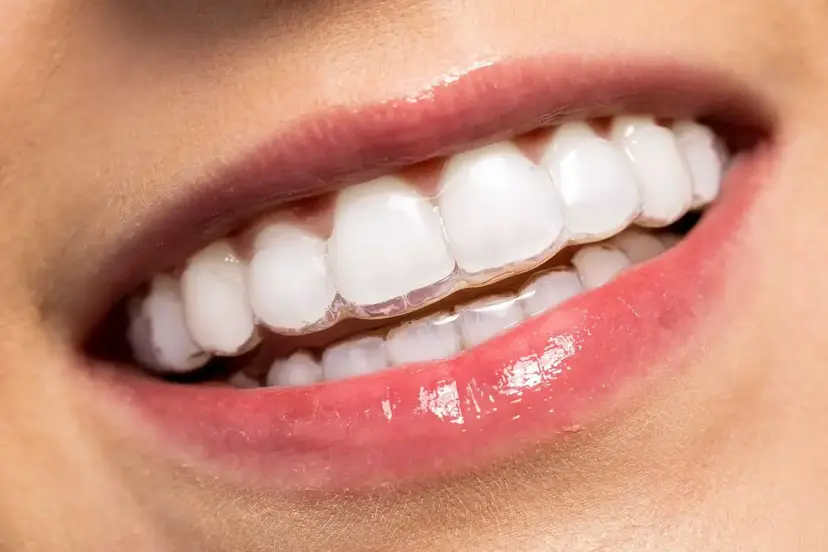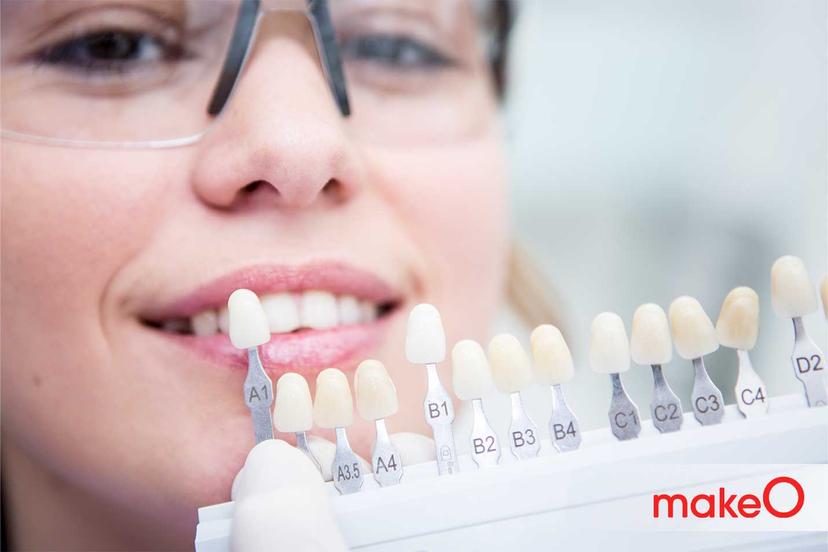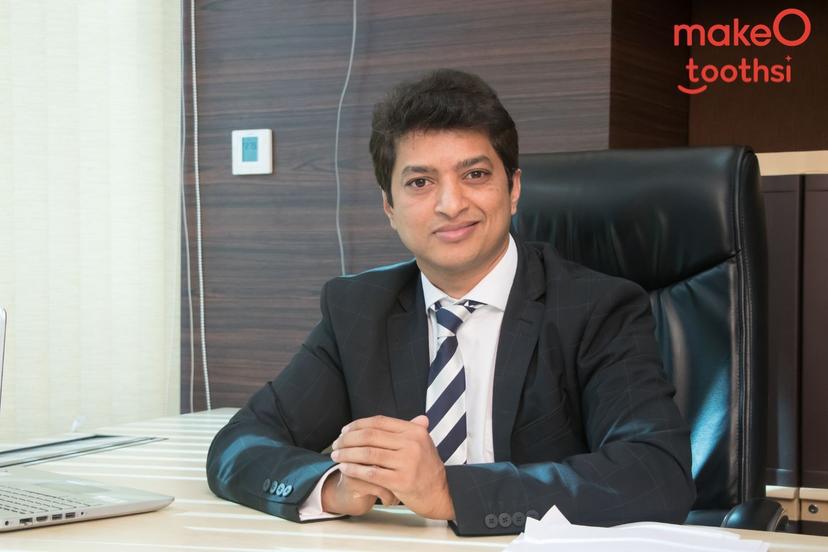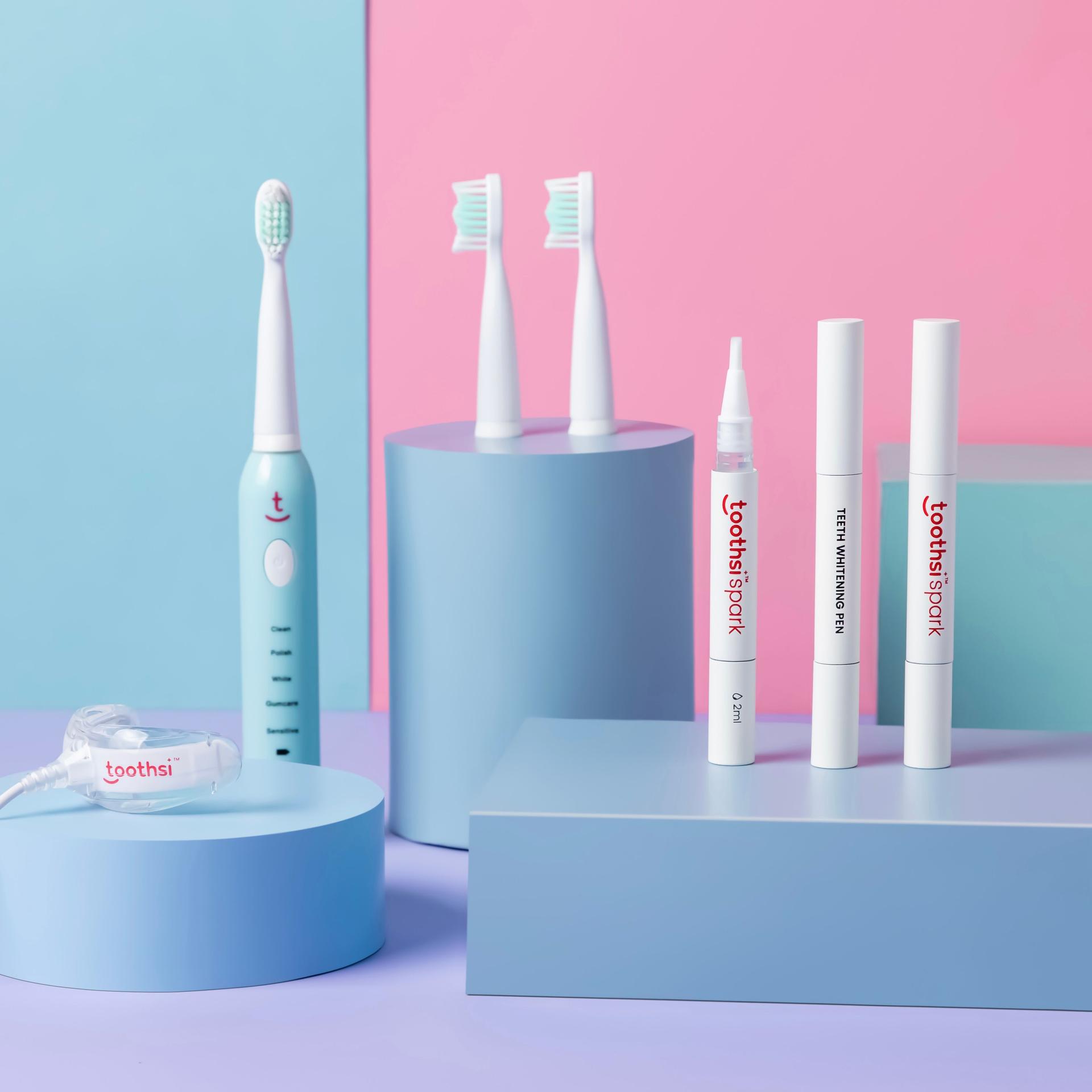MakeO blog
Brushing your teeth twice a day is what dentists prescribe for good oral hygiene. But that’s not all. The kind of toothbrush you use, especially its bristles, also matters. Did you know that brushing aggressively with hard bristles can cause teeth sensitivity? Keep reading to understand the different toothbrush bristles types and which should be your pick.
Toothbrush Bristles Types
Originally made from boar hair, centuries ago, toothbrushes today come in a refined nylon form. You will easily find three main categories of toothbrush bristles ranging from soft, medium, and hard. Generally, the right kind of toothbrush for an individual depends on their unique needs and dental issues. However, most dentists recommend everyone choose a soft toothbrush over a medium or hard toothbrush for their oral hygiene.
- Hard Bristles
It is a common misunderstanding to equate more brushing to cleaner teeth and harder bristles to effective cleaning. Dentists generally recommend brushing no more than 3 times a day as more brushing can lead to gum damage, teeth sensitivity, abrasion and more. And on hard bristles, the Indian Dental Association advises that the harder the brush, the greater the risk of harming your gums. That is why hard toothbrushes are generally not recommended for daily use on natural teeth. These types of bristles work best on teeth staining or cleaning dentures!
- Soft Bristles
Bendy and comfortable, soft-bristle toothbrushes are less densely packed to allow bristle movement between gaps. These brushes can not only reach tough-to-reach areas easily but are also gentler on the teeth and gums which reduces chances of gum problems, abrasion and more. In short, soft toothbrushes in multilayered angles are perfect for effective yet gentle cleaning!
- Medium Bristles
If you can’t find soft bristles, then medium bristles are your next best option. While not as soft as soft brushes, medium bristles are not too stiff either. These toothbrushes are used to effectively clean plaque build-up and food particles. One can use them daily however, applying more pressure with medium bristles can cause gum irritation.
Which Should You Opt for?
If you have extreme teeth staining or are using dentures, you can opt for hard bristles. For excessive plaque buildup and food particles, you can choose a medium-bristled toothbrush but the best type of toothbrush is a soft-bristle toothbrush. Its flexible nylon bristles can clean unreliable areas and corners in your mouth and still be gentle enough on your gums and teeth.
Choose any soft or extra soft bristle brush with a small rounded head and a firm grip. For a stunning soft-bristle electric toothbrush option, make sure to check out the makeO toothsi electro. A smart electric toothbrush powered by sonic technology which brushes your teeth at 40,000 vibrations per minute, it is enamel-safe, water-proof, and travel-friendly too. Its ergonomic design is not only stylish and firm but also comfortable. And it contains 5 cleaning modes and a 2-minute smart time for the most effective brushing experience!
FAQs
Are soft toothbrushes better?
Yes, soft toothbrushes are considered the best type of toothbrushes because they are comfortable, bendy and can reach all corners and areas of your jaw and clean it effectively while causing minimal to no gum irritation.
What's the difference between soft and hard toothbrushes?
Soft toothbrushes are made with softer bristles and contain a lesser number of bristles. These are often multi-layered in different angles to reach difficult nooks and crannies in your teeth. Hard brushes on the other hand are perfect for dentures and teeth staining removal. These brushes are not for everyday use.
Which type of toothbrush is best?
While the best type of toothbrush for you depends on your unique oral needs and dental issues, the most effective toothbrush type that cleans well and does not cause irritation in the gums is a soft bristle toothbrush. In fact, dentists all over the world recommend a soft toothbrush!
Do dentists recommend soft toothbrushes?
Yes, most dentists recommend soft-bristled toothbrushes over any other kind of toothbrush because they cause less irritation and damage to the gums and teeth. Soft bristles are also extremely flexible and adept at cleaning difficult gaps and corners of the mouth than medium and hard toothbrushes.
related categories
Related articles

Types of Braces: Removable vs Fixed Braces, Which is Right For You?

This Diwali, Smile Bright With makeO Teeth Whitening Kit

Dr. Pravin Shetty: Pioneer in Lingual Orthodontics & Innovative Smile Solutions
How do I Know I’m the Right Candidate for makeO toothsi Teeth Aligners?

